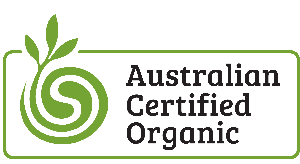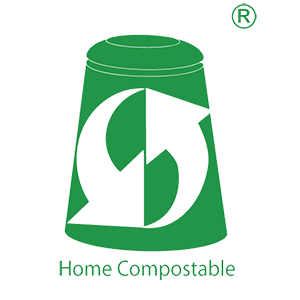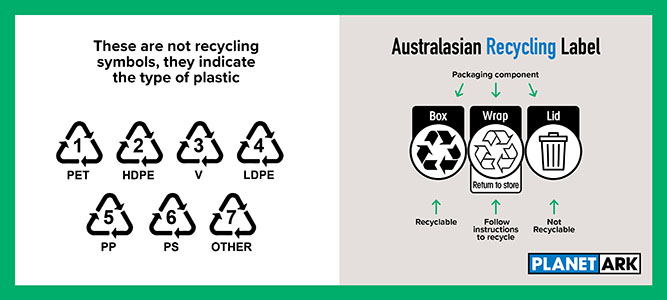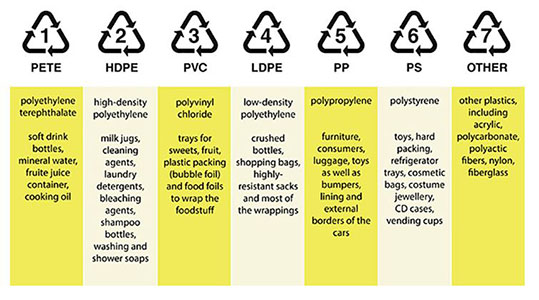Greenwashing 101
On Monday night I had the pleasure of sitting down with Petria from Coco Rose Eco to chat about Greenwashing and the effect it has on us as consumers. I thought it would be a good idea to follow up the conversation with a few of the main points and leave them here for you to reference. If you weren't able to make the live event, you can watch the replay on IGTV here
Greenwashing, is a marketing tactic that companies use to attempt to convince us that either they or their products are better for the environment. They use packaging, and language that appeal to our desire to buy better for the environment but a lot of the time the claims that are made are either misleading or just plain untrue.
Some things to look out for:
- Green/nature type colours and graphics on products - companies love to use brown or green packaging or add pictures of plants to their products to make them seem more appealing and eco-friendly. All you have to do is walk down the food wrap aisle in your local supermarket to see what I mean. Garbage bags/bin liners and the toilet paper aisle are other places where this type of marketing seems to be more common.
- Use of Buzz words - such as Organic, eco-friendly, green, sustainable, natural, clean, All of these things are wonderful if they're true. But there is no currently no regulation of many environmentally friendly terms so brands are able to use them on their packaging regardless of if they have any certifications. It pays to read the fine print. If they can't back up their claims, it's best to steer clear because it's probably not any better for the environment than what you would usually buy and you're probably paying a premium for the extra marketing.
- Irrelevant claims - many companies will make claims that are true but completely irrelevant such as 'CFC free', which is great of course but consider that CFC's have actually been illegal since the late 1980's. Another good example is 'Hormone Free Chicken' again, a claim that's true but it's actually illegal in Australia to use hormones or steroids of any kind in poultry for meat production so these companies aren't doing anything but following the law.
- Biodegradable - this one deserves its own category as it can be very misleading, particularly in relation to cleaning products. It's highly likely that the term refers to the substance itself but can be easily misunderstood as referring to the packaging. What is should read is 'biodegradable formula'
- Degradable/ -%biodegradable - these are some classic greenwashing terms designed to purposefully mislead the public into believing that the product/packaging will break down. If a product is made from eg. 50% biodegradable materials is the end result biodegradable? Absolutely not. Constructing is from partly biodegradable ingredients does not mean the end result is going to break down. And degradable plastic is still plastic. It might break down into tiny little pieces, but the pieces will still always be there.
- Chemical free - this one is a real pet peeve of mine. repeat after me 'Everything is made of chemicals'. No product ever can be chemical free. This one is especially common in cleaning and beauty products. It makes much more sense to learn what the ingredients are and make an informed decision about what you want to use in your home.
And last but not least, here are some symbols and certification labels used in Australia to help you make an informed decision.
Australian Organic Certification


Industrial Compostable vs. Home Compostable


Common supermarket packaing symbols -


